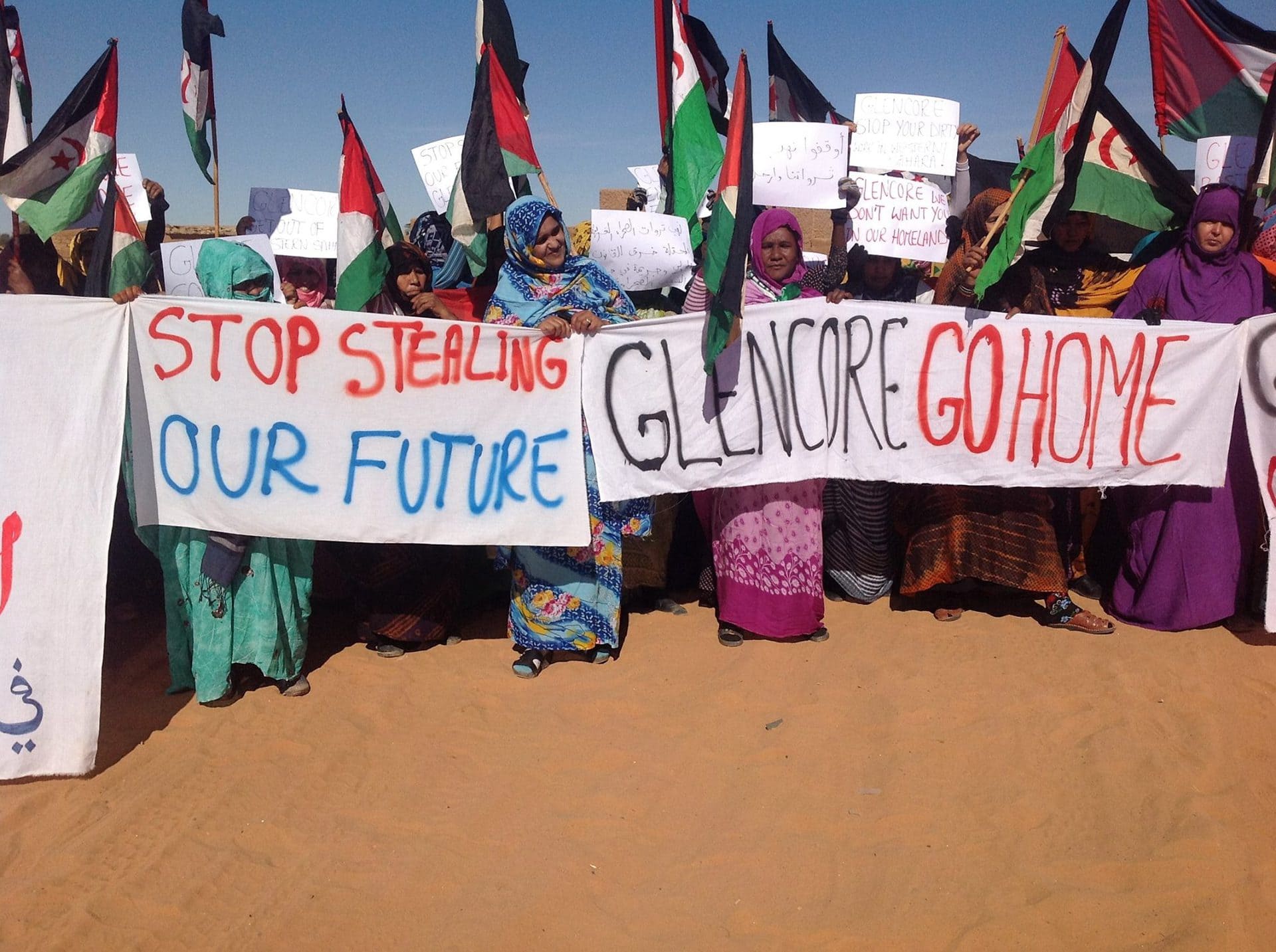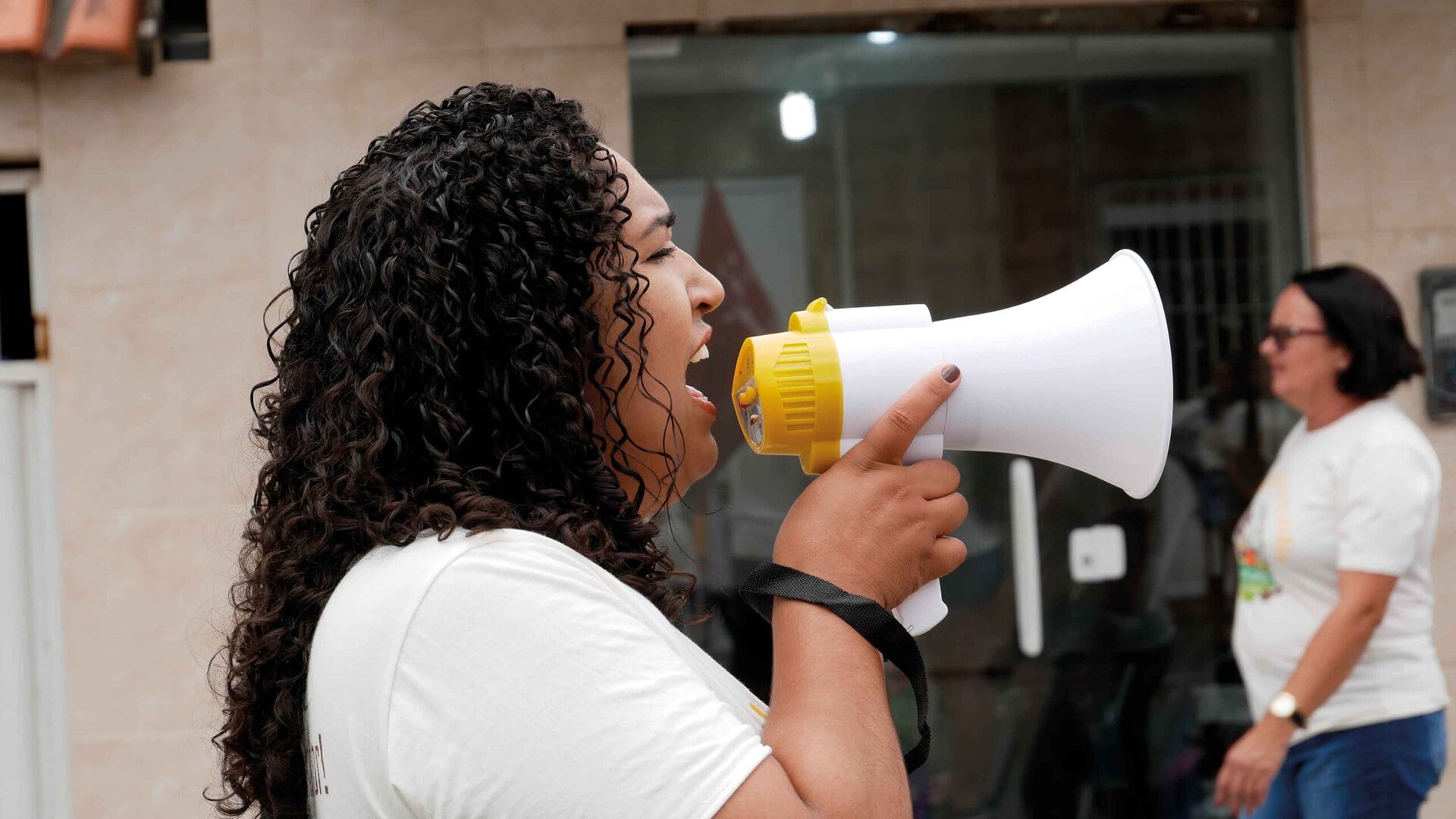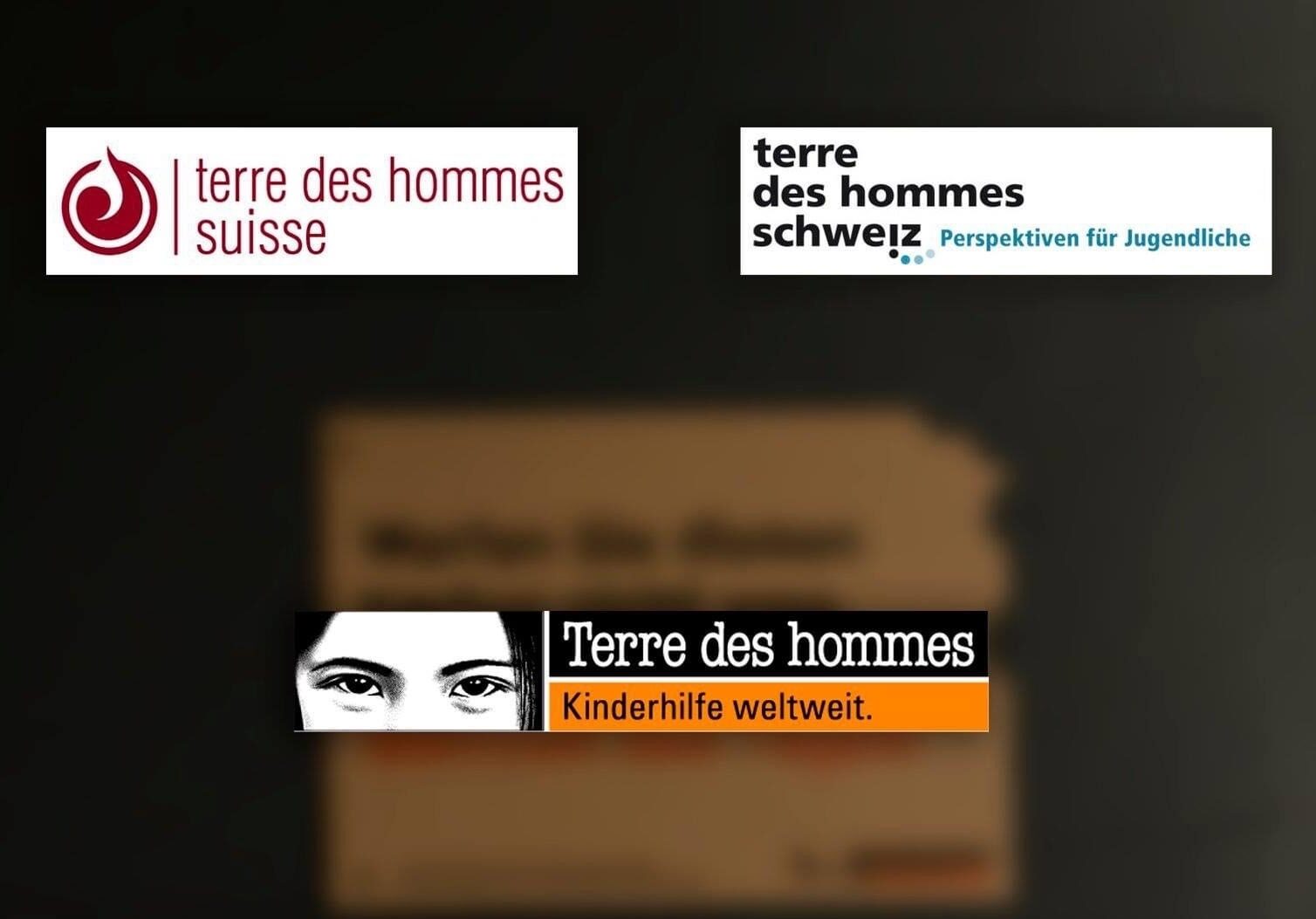Despite warnings from various quarters that its actions are illegal and ethically questionable under international law, the Swiss company Glencore has been exploring for oil in the Moroccan-occupied Western Sahara for several years. Now the turnaround: Glencore is withdrawing from the disputed territory.
Media release – Basel May 11, 2017
Morocco has occupied Western Sahara since 1975. According to the UN, it is a non-self-governed territory in which the exploitation of resources is only permitted under international law if the affected population has given its prior consent and benefits from it. Consultation with the Sahrawi people has never taken place and hardly any jobs are created for the Sahrawis. The exploitation of resources is carried out by Moroccan and foreign companies. Unemployed Sahrawis repeatedly draw attention to their difficult situation with demonstrations in the occupied areas.
Swiss and international non-governmental organizations have long been drawing the company’s attention to the problems of oil exploration in this area. Swiss parliamentarians have also questioned the legality of these activities.
Agreements with Morocco do not apply to Western Sahara
Glencore held licenses for two blocks, Foum Ognit and Boujdour Offshore Shallow, and the company conducted seismic studies there until March of this year. Last November 2016, Glencore responded to a question from several parliamentarians by stating that its exploration activities were in line with international law. However, a 2002 report by legal advisor Hans Corell to the UN Security Council clearly refutes this. It states that further oil exploration without prior consultation with the population is contrary to international law.
In the meantime, a ruling by the European Court of Justice (ECJ) on December 21, 2016 has once again confirmed the international legal situation. In a ruling on the trade agreement between Morocco and the EU, the highest European court ruled that Western Sahara is not included in this agreement, as Western Sahara is not part of the Kingdom of Morocco, but is an independent territory. Western Sahara is legally referred to as a third party, which is an independent negotiating partner for any agreements. The decision had led to legal uncertainty for companies. The European Commission is now working on implementing the legal decision.
Hot potato Western Sahara
Glencore has now withdrawn from Foum Ognit and stopped searching for oil. The company also intends to withdraw from the second block, Boujdour. Glencore has apparently sold its 18.75 percent stake to New Age (registered in New Jersey), which now owns 75 percent of the drilling license for the Foum Ognit block. The remaining 25 percent is owned by the Moroccan state-owned company ONHYM.
This is an extremely important step for the Sahrawis in the occupied territory and in the refugee camps in southern Algeria. “The economic activities and exploitation of resources by foreign companies are hindering the UN peace process and contributing to the extremely difficult situation of the Sahrawis. While the Sahrawis in the refugee camps are 100 percent dependent on the dwindling international aid supplies, foreign companies are profiting from the trade in resources that legally belong to the Sahrawis,” says Sylvia Valentin from terre des hommes schweiz. terre des hommes schweiz has been supporting youth projects in the Sahrawi refugee camps for years.
Contacts:
Sylvia Valentin, terre des hommes schweiz
E-mail: sylvia.valentin@www.terredeshommesschweiz.ch



